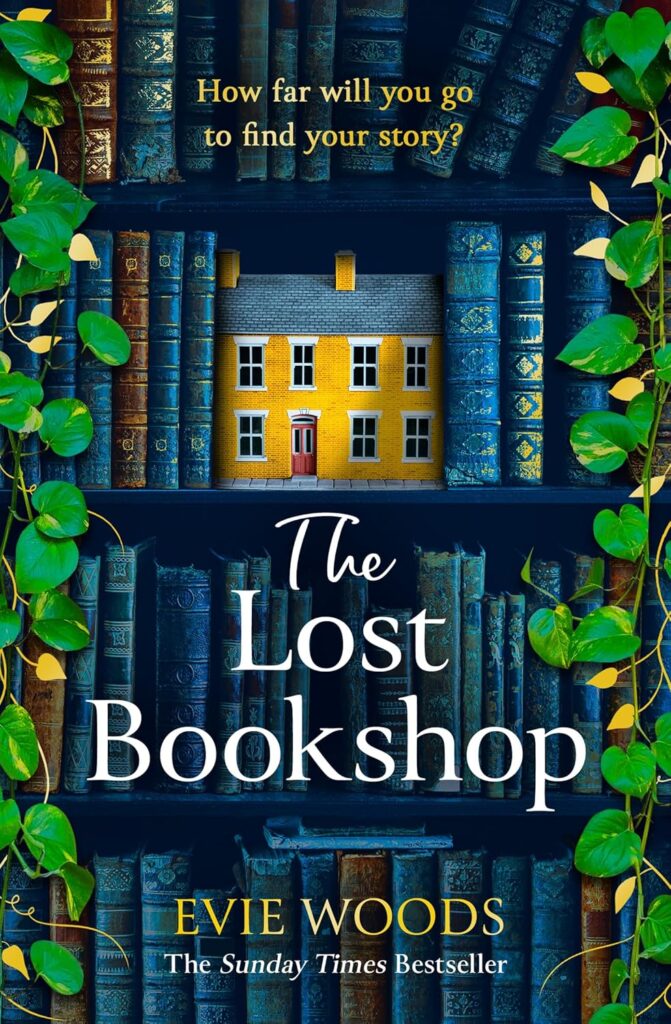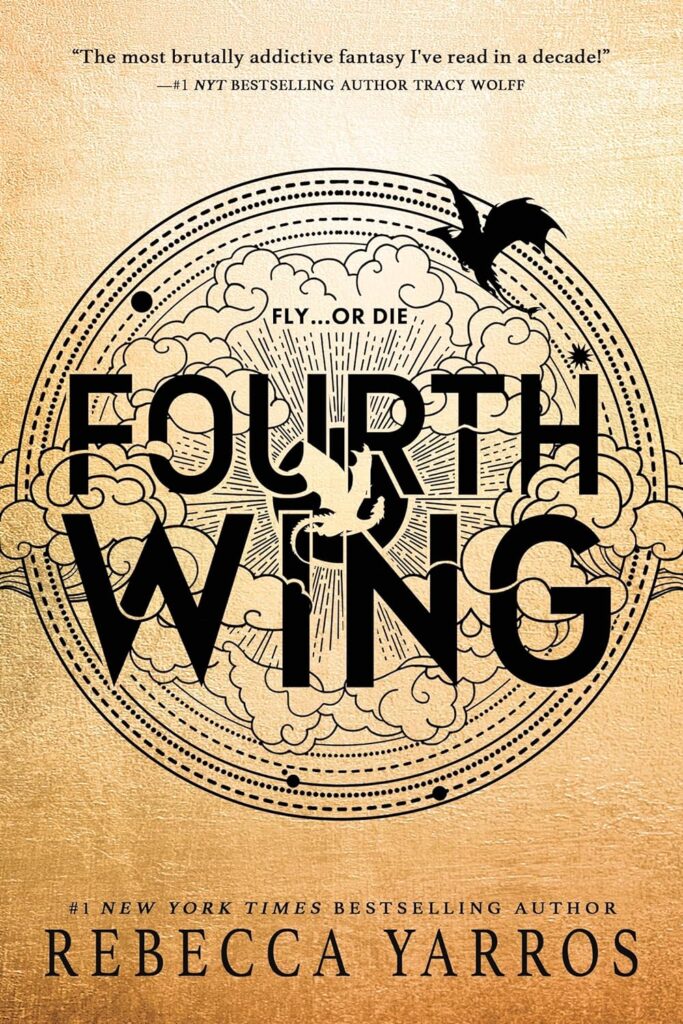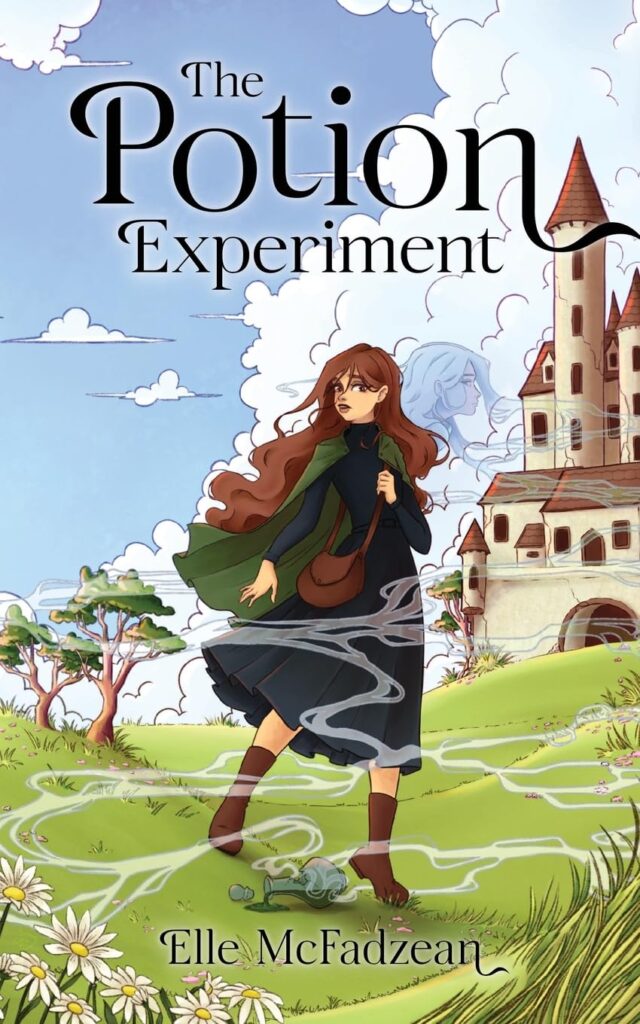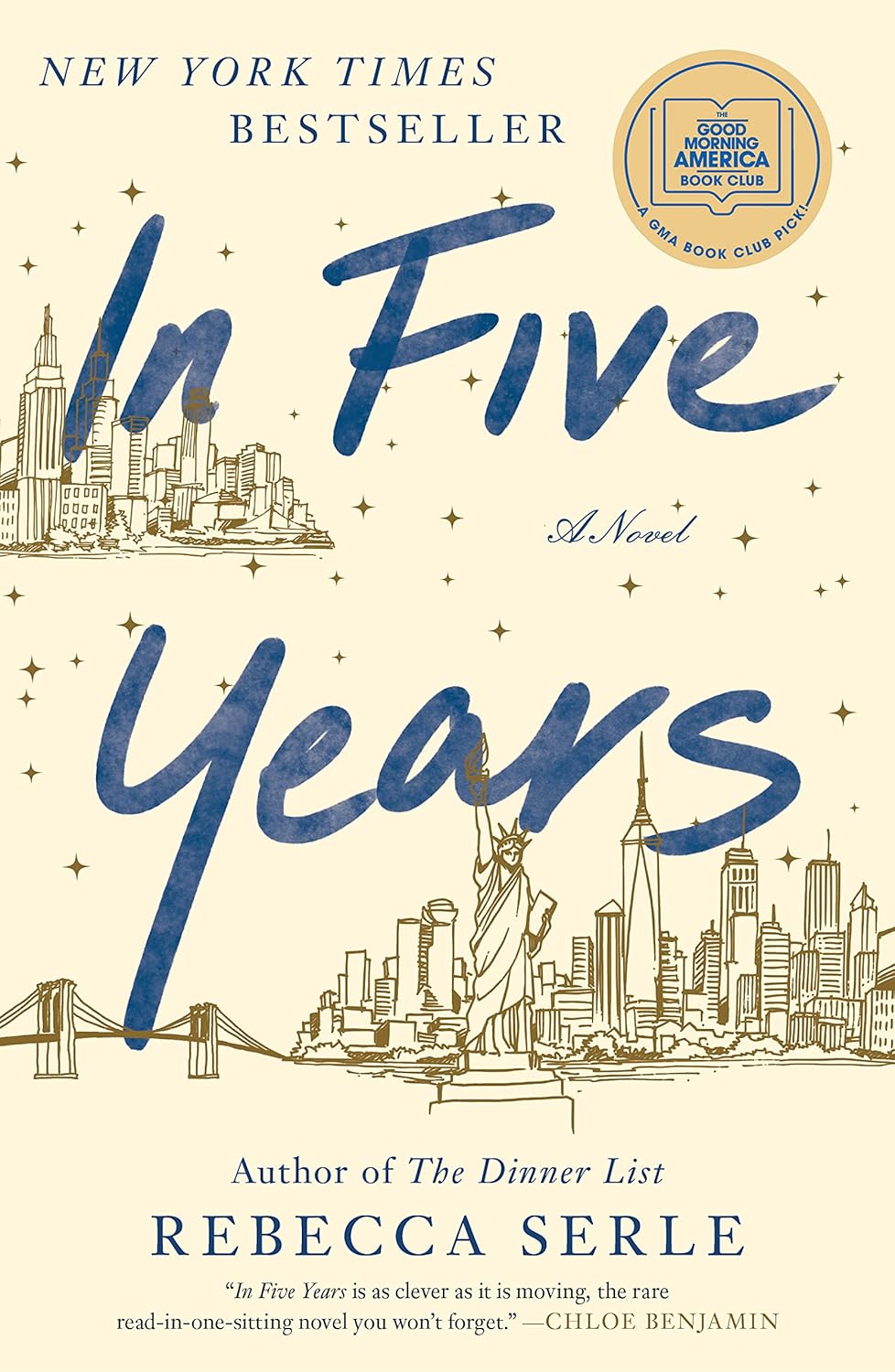The book is The Glass Castle: A Memoir by Jeannette Walls, In many ways the memoir is heartbreaking, but it is also an examination of the resilience of family and the bonds that connect us to the people we love, as much as it is a personal voyage.
First published in 2005, the book details Walls’s unconventional and at times chaotic raised by parents marked with genius and dysfunction. This transfixing, at times gut-wrenching, sweeping tale is the truest form of love and anguish, beautiful and bittersweet, to leave the reader pondering the ecstasy and agony of her life.
This memoir is as much a survival story as it is an exploration of identity, parenting and the search for freedom.
A Childhood of Contrasts
While most other kids were attending primary school, Walls had anything but a normal childhood. As the daughter of Rex and Rose Mary Walls, Jeannette’s childhood teetered on that line of adventure and neglect.
Rex, her father, was an effervescent dreamer who could light up her imagination with tales of his plans, including the ones he made about building a “glass castle”—a grand solar home that represented his dreams. But Rex’s genius was often dimmed by his struggle with alcoholism, and the family nearly always lived on the brink of chaos.
Rose Mary, Jeannette’s mum, was no different. An artist unbound to norms, she lived for the art rather than for family duty. Her creativity sparked imagination in her children but did not provide them essentials such as food, clothes, or a home to live in.
The Walls family glided through life in a series of wrecked abodes, wherein they often squatted in derelict structures or withstood the brutal conditions of rural West Virginia. This nomadic existence meant that the kids had to grow up fast, adapt to new situations, and learn to take care of themselves sooner than most.
Familiar themes of resilience and survival
In essence, The Glass Castle is a tale of survival. However, through all their trials and tribulations, Jeannette and her brothers and sister — Lori, Brian and Maureen — grew to be incredibly resilient and resourceful.
The Walls kids learned to be there for each other in the way of survival, protecting each other and looking out for each other. We learned how to scavenge for food, to dress for freezing temperatures, and to avoid bullies in the many schools we attended.
Perhaps what is most remarkable about the memoir is the way in which Walls describes her childhood, and our childhood rooted in a lack of stability, without a bitter tone. Rather than being the victim, she is the survivor who overcame adversity and believes she has gained wisdom because of it.
It gives the story another layer, allowing readers to see the good, and the bad, in her parents as well. Which speaks volumes about Walls and her ability to see beauty and purpose in the worst situations.
The Symbolism of the Glass Castle
One of the more powerful symbols throughout the memoir is the ”glass castle” that gives the memoir its name. The promise and disappointment that is Rex Walls. The glass castle stands for the limitless imagination of her father and the promise of a brighter future — at least to Jeannette. But as she ages, it serves as a painful reminder of a chasm between [the] dream and the real world.
The extensive plans Rex has for the glass castle aren’t more than plans. The dream he has is so delicate, he cannot shake off his addiction and make concrete changes, he crumbles as well. Along with the personal meaning of the glass castle, the memoir also touches on the theme of illusion vs. It makes the reader ask, how do you love someone that you know is not harmless?
Complex Family Dynamics
Walls depicts her family in a three-dimensional way. In Rex and Rose Mary Walls, we meet not the pantomime monsters of neglectful parenting but two fully enacted human beings, skillfully meshing pros and cons.
Rex, despite all his imperfections, is a father who encourages his kids to be imaginative. He prepares Jeannette for how to read, inspires her love of science, and teaches her to challenge authority. He loves his family, but alcohol has a way of making him lose control and behave destructively, making his home sometimes unsteady and unsafe.
Likewise, Rose Mary’s artistic temperament is a double-edged sword. She loved creativity and freedom but wouldn’t take responsibility meaning that the kids were mostly left to fend for themselves.
Her refusal to part with a potentially lucrative piece of property, even as the family faces imminent financial ruin, is just one example of her misplaced ideals. This combination of noble traits but toxic behaviors makes Rex and Rose Mary one of the most interestingbut unfortunatecharacters in Jeannette’s book.
In this quote, Jeannette expresses the mixed feelings towards her own parents. She loves them a lot but she knows she has to cut them out to rebuild her own life. It is the dynamic foundation upon which the memoir rests, and it leads to a bittersweet resolution that leaves readers pondering both forever love and growing.
Writing Style and Narrative Point of View
The writing itself is one of the more exciting parts of The Glass Castle and of Walls’ work. Her prose is simple but poetic, letting the emotions of her experience speak for itself but not falling into melodrama.
A detail oriented narrative that brings scenes to life through vivid descriptions and poignant anecdotes. The memoir stings and soars simultaneously because of how quickly Walls can swing between jokes and tears.
The memoir is written in first person point of view, and thus we get to experience the events through Jeannette. With this angle, readers get a closer look at her world and deeper insight into her family dynamics.
The maturity of Walls narrative voice is compelling with a retrospective look of moving from a vulnerable child to an adult who can remember the past and have been able to make it through. The memoir is relatable and powerful due to her honesty and willingness to face unpleasant truths.
Key Moments in the Memoir
In The Glass Castle, there are a number of emotional and thematic highpoint moments. One example; there is a scene where a child Jeannette is in the hospital and had to undergo skin grafting after cooking hot dogs that resulted in severe burns.
However, it also reinforces that she is an independent and capable woman by continuing with preparing a meal despite the cut.
One of those key moments is when Rex gives Jeannette a star for her birthday. Since he has no money to pay for a gift, Rex tells Jeannette to pick a star out of the night sky and lay claim to it for herself.
This romantic and fanciful gesture fits into the juxtaposition of Rex—a father who stirs awe yet cannot deliver the basic necessities for his family.
This section of the memoir, which tells of the Walls’ time in Welch, West Virginia, is the crux of what the book is about. The rundown house, lack of indoor plumbing, and perennial hunger draw a stark portrait of poverty.
While dealing with all these struggles, Jeannette decides that she will find a better life someday and she does ultimately end up going to college and pursuing her goal of being a journalist.
The Journey to Independence
Jeannette learns more and more about the flaws of her parents and that in order to succeed in life, she must take responsibility for herself. The saga of her path to independence is poignant and inspirational.
She goes to NYC along with her brothers, and works day and night to establish something stable. Navigating this shift results in turmoil for her, desperate to escape the crazy but still fiercely loving her parents.
The end of the memoir is both painful and sweet. Jeannette acquires the stability and success she desired, while her parents continue to believe in their impoverished but unconventional life, choosing poverty and homelessness over conforming to the mainstream.
As Jeannette comes to the close of her account, her evaluation of her family and the legacy they’ve left her with offers readers an adjusted frame of reference. Walls shows how we can not have to leave everything of our past behind in order to go forward.
Concepts of Forgiveness and Acceptance
The beauty and depth of The Glass Castle is, among other things, how it deals with forgiveness and acceptance. While Wall exposes her parents’ shortcomings, she demonstrates that she still loves them and recognizes their special gifts to her have to do with the experiences of her childhood.
The memoir is yet another reminder of just how complicated family can be, with love and disappointment ruling the roost all at once.
It is an act of bravery — and benevolence — to allow the world access to Walls’ story. In doing so, she helps readers reflect on their own experiences, ask themselves how much of our past affects our identity.] They made a good background for the picture. Or you can see the beauty in the chaos because of what life throws you.
Critical Reception
When The Glass Castle was published, it was hailed for its unflinching honesty, emotional resonance, and literary quality. Walls has been praised by critics for a lack of self-pity, while also presenting a well-balanced view of family life. World over, the memoir has turned into a bestselling sensation and taken home several awards.
The book was also adapted into a movie in 2017 with Brie Larson as Jeannette Walls, Woody Harrelson as Rex Walls, and Naomi Watts as Rose Mary Walls.
The film does well to follow the spirit of the memoir but glosses over details of the darker aspects of the Walls’ lives. That said, it is a bittersweet homage to Walls’ path and the legacy of her story.
Conclusion
The Glass Castle: A Memoir is an unforgettable memoir that stands up for the human spirit against adversities. The Glass Castle — Jeannette Walls Jeannette Walls takes a story of overcoming hardship, and adds an exploration of the intricacies of familial love. It’s both inspiring and humbling to see her find beauty and meaning in her experiences, however painful.
Crafted with the precision of a tailor, this memoir transcends a family’s recounting of events; it is a revelation about identity, redemption and the bonds of blood.
By the end readers of The Glass Castle ponders their own preconceptions surrounding poverty, parenting, and resilience among other things, giving them an imprint that remains long after finishing the last page.
If you enjoy survival stories, family dysfunction, or just a good old fashioned story of the human spirit overcoming the odds, The Glass Castle: A Memoir is a great read and one that will stick with you for years.
















